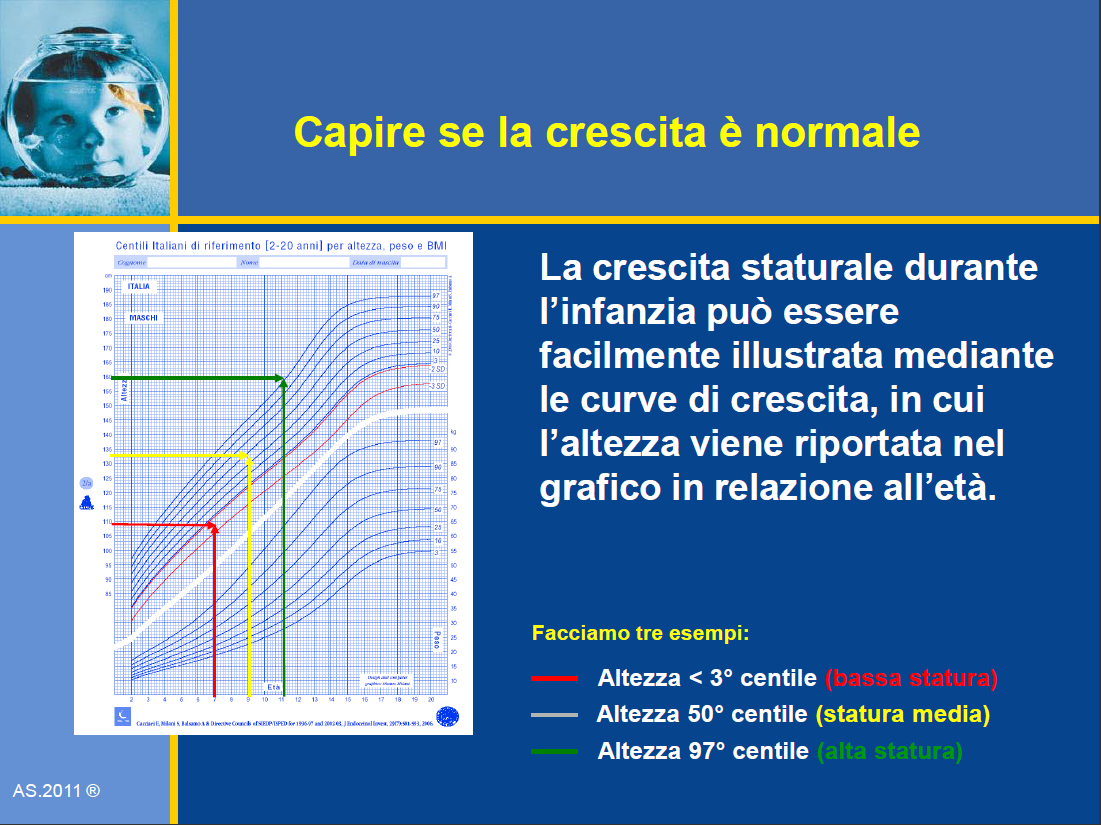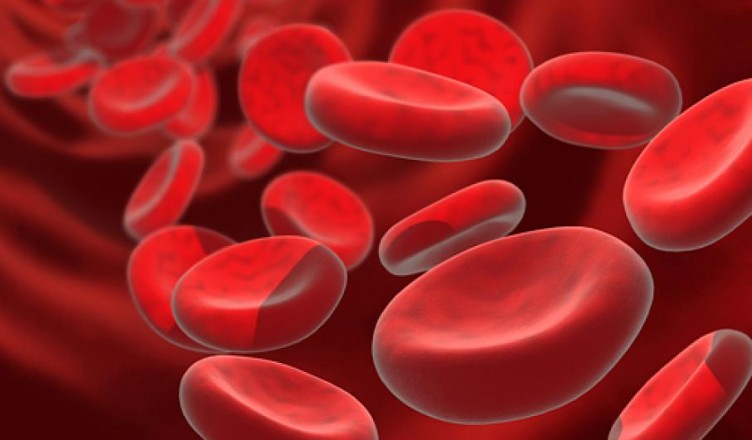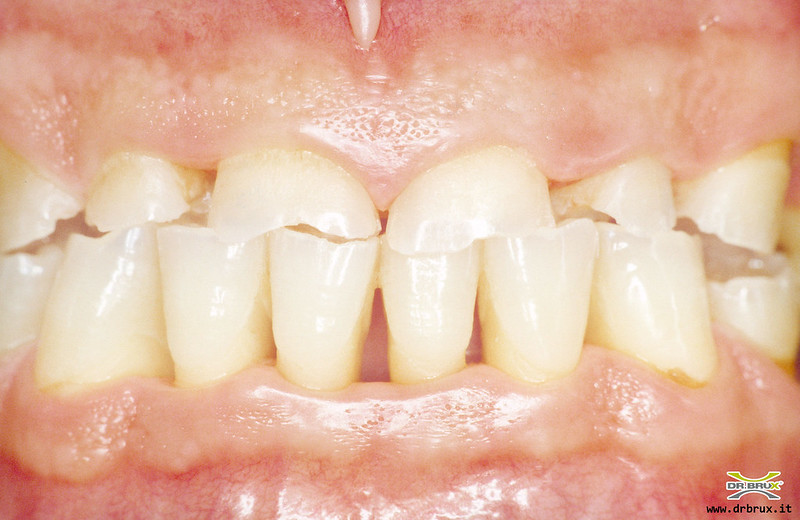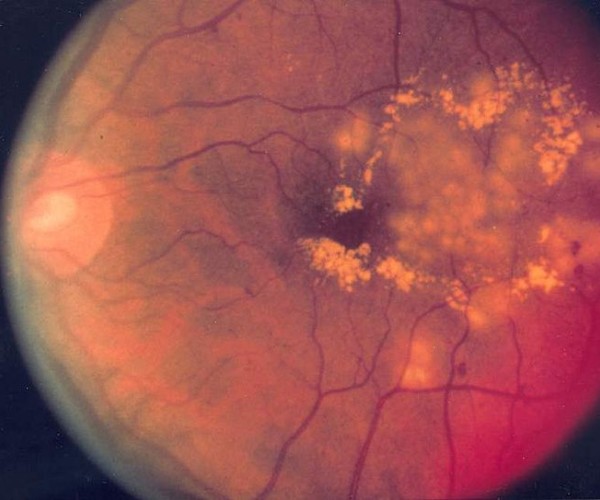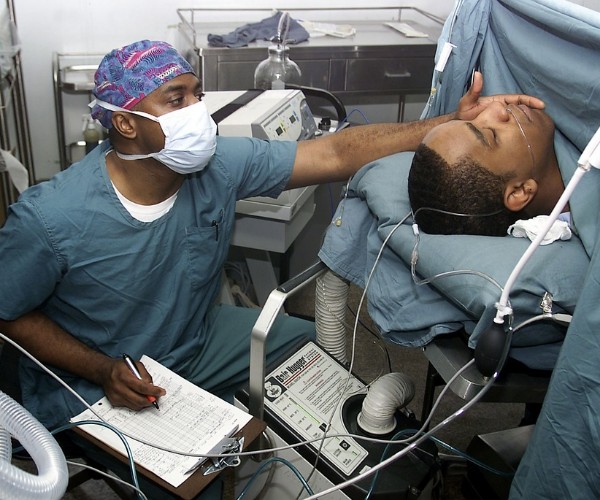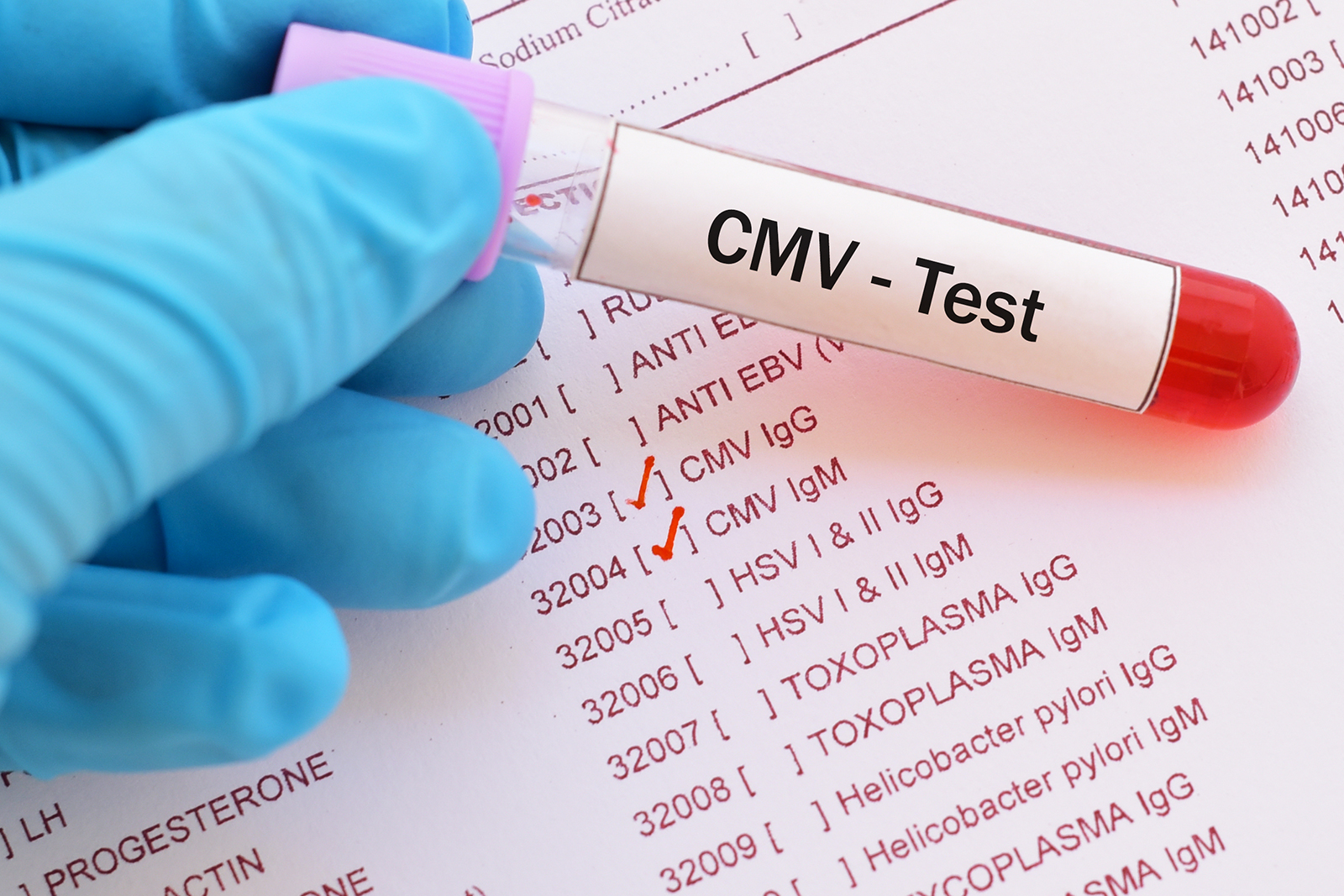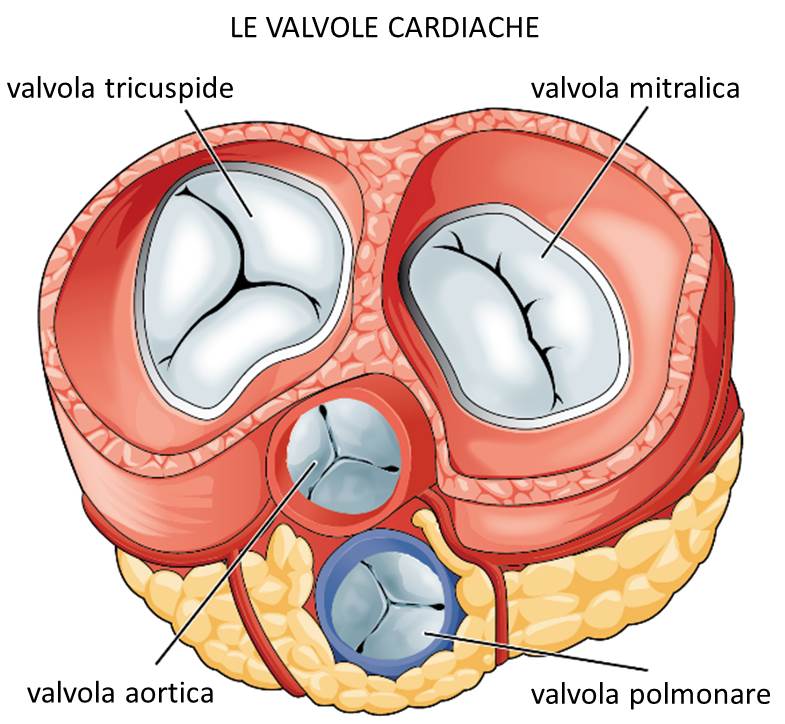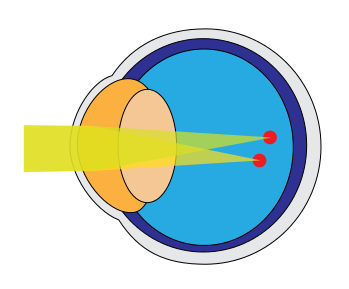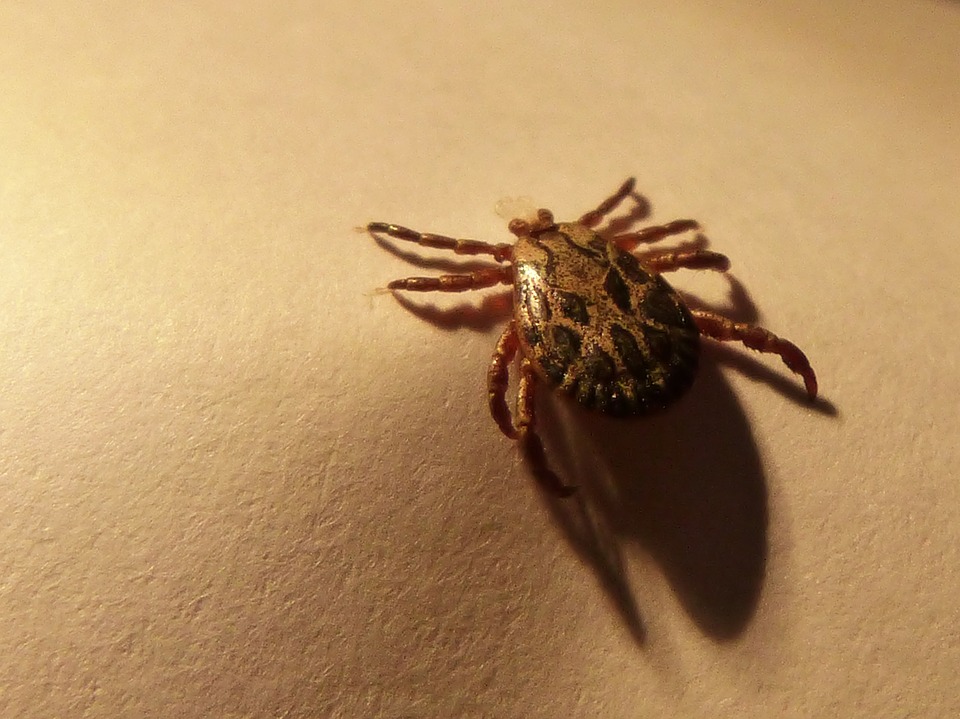How should we react when our little one complains of some kind of physical pain? The wise and recommended thing to do is to consult your pediatrician before giving your little one any kind of medicine. First, the pediatrician needs to acquire some information to understand the type and extent of the pain, and it is therefore good for parents (if the child is not yet able to express himself) to prepare to respond. He himself will recommend the most appropriate medications for each situation and type of pain.
The use of drugs
The drug of first choice in mild-to-moderate pain without inflammation, such as In the case of teething, growing pains and migraines, it is acetaminophen administered orally, which pmay be administered from day one due to the excellent relationship in terms of effectiveness and safety. Paracetamol acts within 30 minutes or so, and its analgesic effect lingers for 4-6 hours. Il paracetamol can also be employed even on an empty stomach, to a dosage higher than that indicated for fever, as directed by the pediatrician, but always In relation to the child’s weight e without exceeding over the course of one day the threshold of 60 mg/Kg In children younger than 3 months of age e di 80 mg/Kg In larger ones. Rectal administration of the drug is to be left
always as an alternative, for example in case thechild is unable to take anything by mouth because of vomiting. For pain associated with inflammation after the third month of life and over 5.6 kg in weight, the ibuprofen, to be administered on a full stomach, based on weight and with an interval of at least 6-8 hours (as opposed to 4-6 hours for acetaminophen) and without exceeding the maximum dosage of 30 mg/Kg in a day.
In any case, it should be remembered that i treatment of pain, in order for it to be effective, must take place according to a fixed schedule and not on an as-needed basis
. Finally, if the pain is associated with local manifestations, such as discharge from the ear or redness or swelling after a fall, or if it should increase in intensity, it is always advisable to consult the pediatrician.
Among all disorders, pain is the one that most undermines the child’s physical and psychological integrity and in addition distresses and worries his or her family members, with a significant impact on quality of life and care. For this reason, it should not be underestimated, nor should it be trivialized: even in cases where there are reasons to suspect that a child may be feigning sickness, for example as an excuse for shirking a school commitment, it is always advisable to proceed with the appropriate checks rather than risk not caring or treating him or her roughly.







